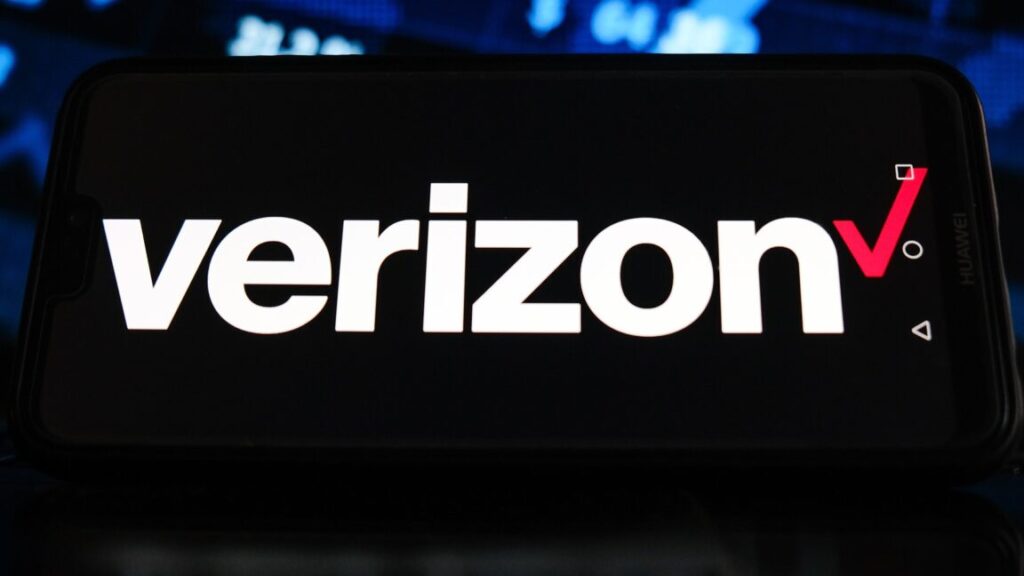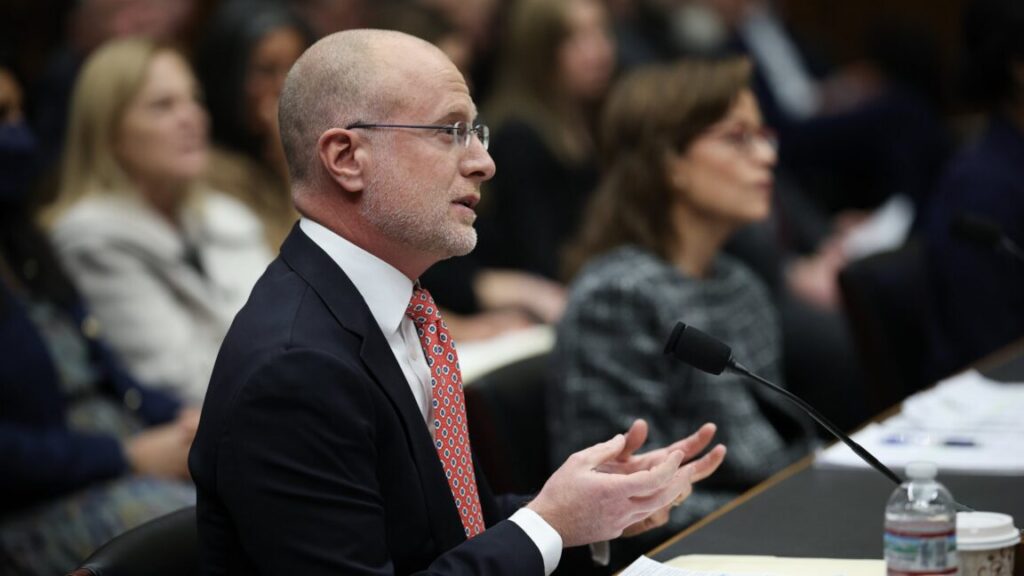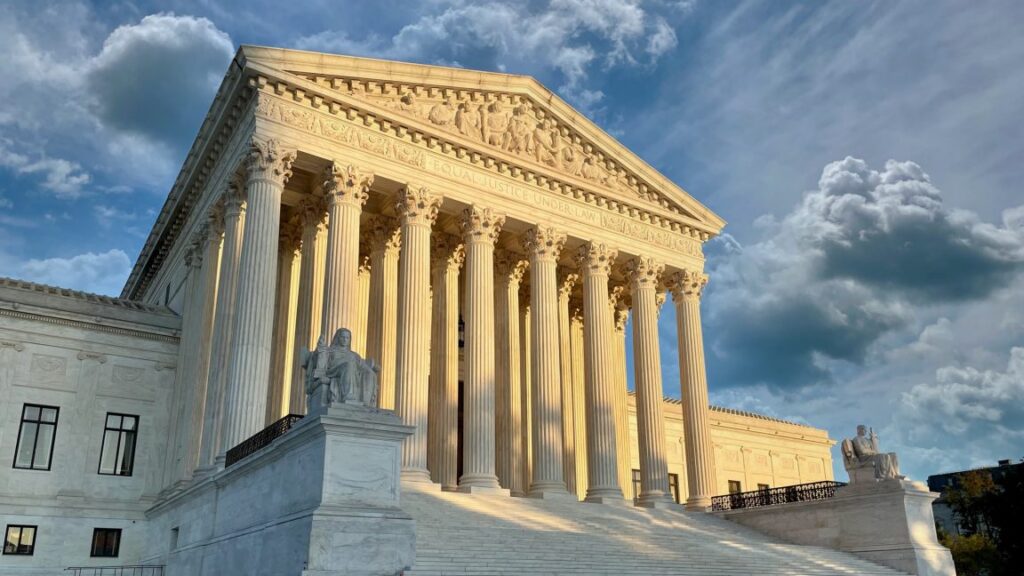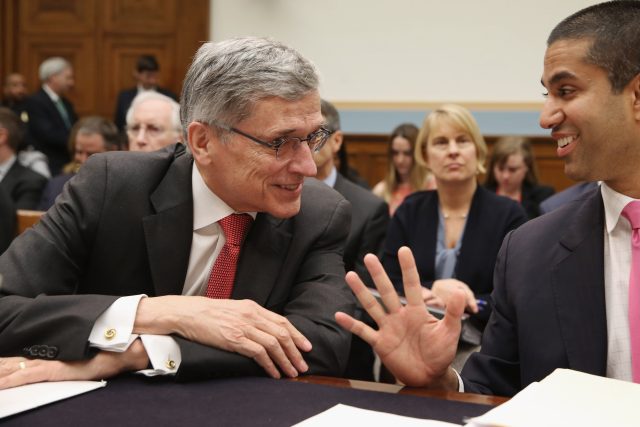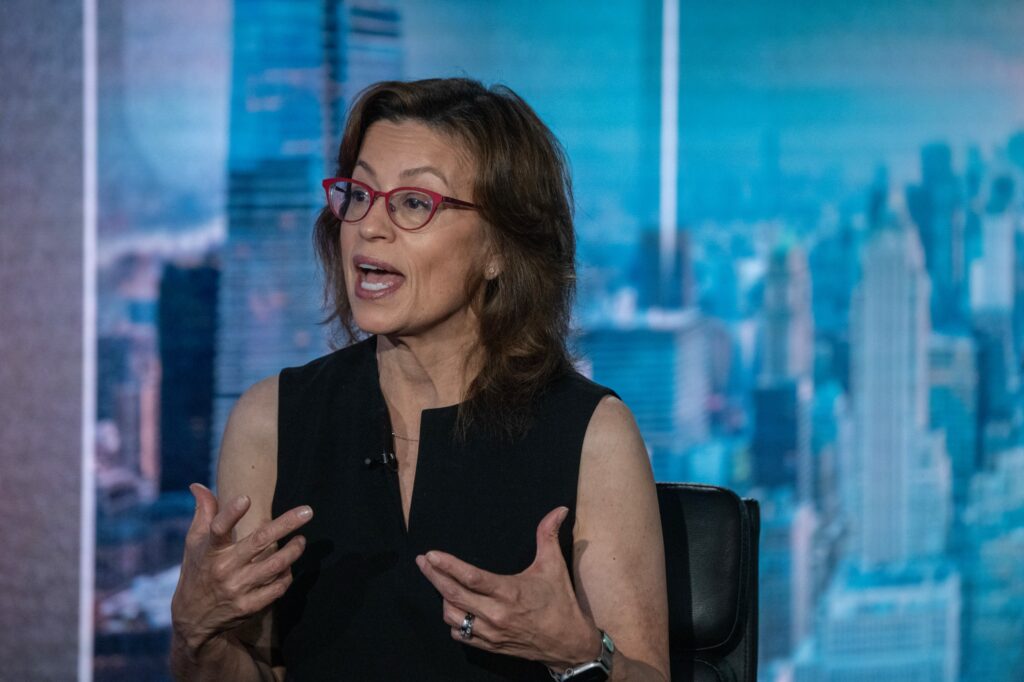Verizon acknowledges “pain” of new unlock policy, suggests change is coming
FCC let Verizon lock phones for longer
Verizon did not mention this plan when we contacted the company’s public relations team on Friday. At the time, Verizon confirmed the current policy but didn’t say whether it had any plans to change it. We contacted Verizon again yesterday morning and today about the statement reported by Android Authority and have not received a response.
Until recently, Verizon had the most consumer-friendly unlocking policy of the major nationwide wireless carriers in the US. This was because of rules imposed on Verizon’s 700 MHz spectrum licenses and merger conditions on the firm’s purchase of TracFone, which resulted in phones being unlocked after 60 days.
Verizon used to sell phones that were already unlocked, but in 2019, it obtained a waiver from the Federal Communications Commission allowing it to lock phones for 60 days to deter fraud. Verizon subsequently claimed that even the 60-day period wasn’t long enough to stop fraud, and last month received another waiver that lifted the unlocking requirement.
Confusing rollout
Verizon started overhauling its unlocking policies after receiving the latest waiver, and the rollout has been confusing. When the new policy was put online with an effective date of January 27, it applied the 35-day delay only to cases in which a customer uses a Verizon gift card to buy a phone or pay off the remaining balance.
As we reported, Verizon last week changed that language on the policy page to apply the 35-day delay in more scenarios, but did not change the January 27 effective date. The Verizon statement quoted by Android Authority yesterday said the full terms were presented to customers starting on January 27 even though those terms weren’t fully described on the webpage.
Verizon acknowledges “pain” of new unlock policy, suggests change is coming Read More »
